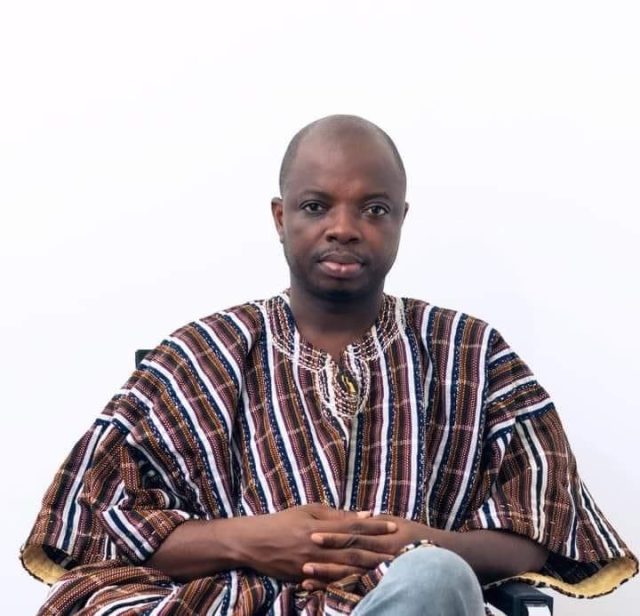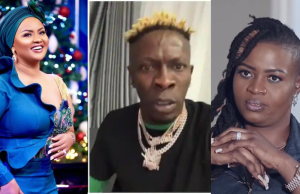Kwame Baffoe, the New Patriotic Party’s Bono Regional Chairman widely known as Abronye DC, has publicly challenged the legitimacy of his recent summons by Ghana’s National Intelligence Bureau (NIB), accusing the agency of engaging in “selective investigations” to target political opponents.
The controversy stems from his televised claims that former President John Mahama withheld GH₵550 million earmarked for dismissed Jubilee House appointees—a statement the NIB now demands he substantiate.
During an interview with ChannelOne TV, Abronye DC confirmed he would comply with the summons but dismissed the inquiry as politically motivated. “I don’t see the criminal element here,” he asserted, arguing that his remarks on Accra-based Movement Television merely highlighted procedural irregularities in government recruitment and budgeting. He framed the NIB’s move as an attempt to stifle dissent, warning of a resurgence of Ghana’s infamous “culture of silence,” where critics of authority face intimidation.
The outspoken politician sharpened his critique by contrasting the NIB’s scrutiny of his comments with its inaction over allegations made by current government figures. He cited claims by ruling party officials about opposition-linked “Akyem mafia” figures hoarding gold and accusations of financial mismanagement within the Minerals Income Investment Fund (MIIF), none of which, he noted, prompted NIB investigations. “Where is the director of national investigations when these wild allegations are made?” he questioned, alleging a double standard in holding opposition voices accountable while shielding allies.
Political analysts have weighed in on the brewing clash, underscoring concerns over transparency and the NIB’s role in politically sensitive cases. While some argue that public figures should be held to account for unverified claims, others fear the investigation risks appearing partisan, particularly amid heightened tensions. Abronye DC’s case has reignited debates about the boundaries of free speech, the neutrality of state institutions, and whether probes into corruption allegations are applied equitably across party lines.
Abronye DC remains defiant, vowing to use the NIB’s platform to expose what he calls “selective justice.” “We will prove their bias in that room,” he declared, framing his compliance as a strategic move to challenge the agency’s credibility. As the saga unfolds, observers urge the NIB to demonstrate impartiality, warning that perceived weaponization of state bodies could deepen public distrust and political polarization.
The incident underscores a broader tension in Ghana’s democracy: balancing accountability for public statements with safeguarding robust political debate—a tightrope walk that remains as critical as ever.
Send your news stories to newsghana101@gmail.com
Follow News Ghana on Google News


















